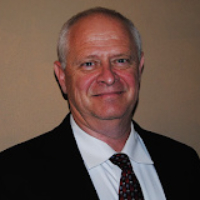Lodge Bankruptcy & Debt Lawyer, South Carolina
Sponsored Law Firm
-
 x
x

Click For More Info:
-
Moss & Associates Attorneys, P.A.
816 Elmwood Ave Columbia, SC 29201» view mapBankruptcy & Debt Debt Problems? We Have Solutions!
We provide our clients with a unique combination of top-quality representation, small-firm economics, and commitment.
800-821-6041
Paul Winford Owen
✓ VERIFIEDDivorce & Family Law, Bankruptcy & Debt
Paul Owen is a practicing lawyer in the state of South Carolina handling family law matters.
 Jason T. Moss Columbia, SC
Jason T. Moss Columbia, SC Practice AreasExpertise
Practice AreasExpertise

